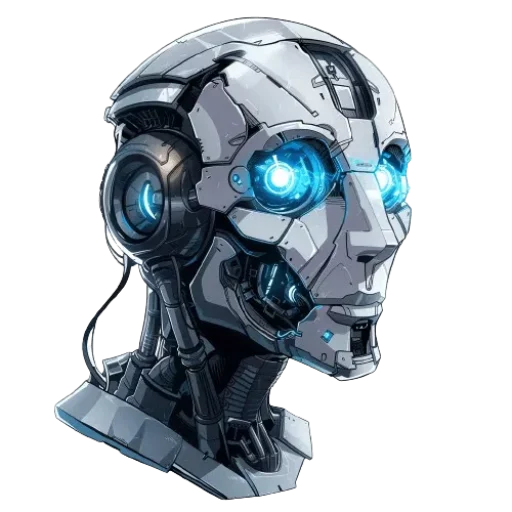Key findings
Generative artificial intelligence (GenAI) is poised to impact rather than transform the work of Electrical and Electronic Engineering Technologists and Technicians.
Blue-collar workers, like those in this field, are unlikely to be automated by GenAI due to the physical nature of their tasks.
The increased demand for premium goods and services may even lead to a rise in income share for these workers.
While some skills may be automated in the future, the unique nature of GenAI automation suggests that blue-collar workers will be shielded from major disruption.
This work requires skills such as Reading Comprehension, Mathematics, Troubleshooting, and Critical Thinking, which are not easily replicable by AI.
As automation progresses, certain tasks may be automated, but the core functions of this job are likely to remain in human hands for the foreseeable future.
How could AI or automation replace or complement job activities?
In the field of maintaining and repairing electronic systems, AI and automation could potentially enhance certain processes.
However, the intricate tasks of diagnosing malfunctions, interpreting complex engineering schematics, and making critical decisions based on experience and knowledge may still require human expertise.
For instance, in the role of Electronics Technicians, AI could assist in inventory management and quality control procedures, but the hands-on work of replacing defective components and troubleshooting intricate issues may still necessitate a human touch.
Job description
Applies electrical and electronic theory to design, build, repair, adjust, and modify electrical components and machinery. Works under the direction of engineering staff to support engineering design decisions.



0 Comments